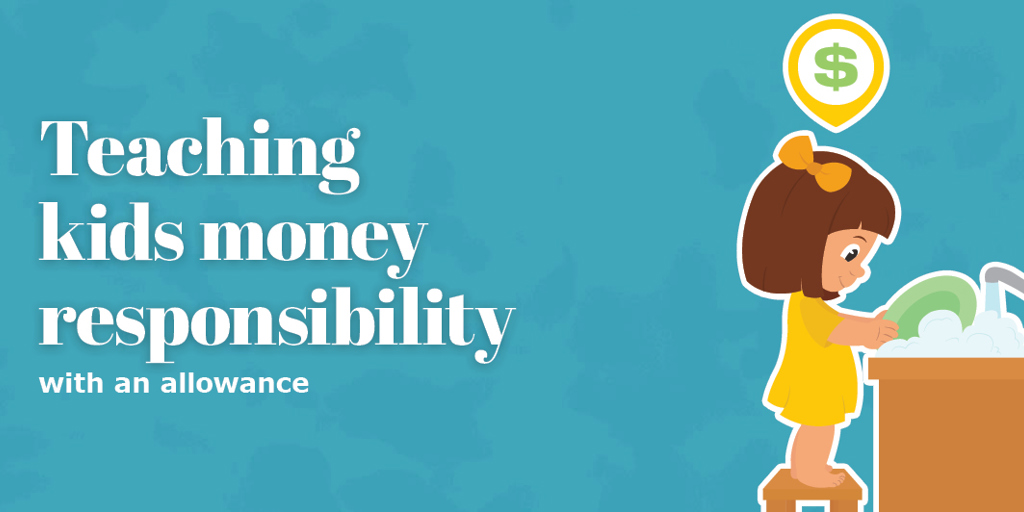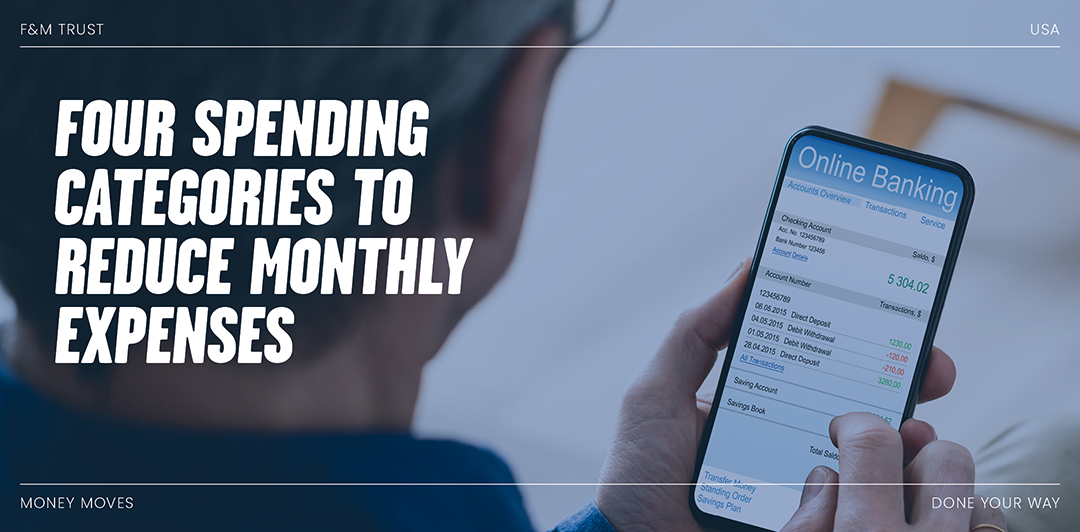


How to teach kids financial responsibility with an allowance
The debate over whether to give kids an allowance is as old as the practice itself, but the benefits of giving kids an allowance are clear. Kids who get an allowance are more financially savvy later in life than those who don’t and are less likely to abuse credit as adults.That might be why, according to a survey by the National Institute of Certified Public Accountants (NICPA), nearly two-thirds of kids receive an allowance. As for how to implement an allowance program to make it mutually beneficial for you and your child, the following tips can help:
1. DETERMINE WHEN TO START AND HOW MUCH YOU’LL GIVE: Most kids start earning an allowance around 5 or 6 years of age. A study by RoosterMoney showed that most 5-year-olds earn about $5 a week, with allowances increasing by a dollar each year. The NICPA study noted that kids across all ages receive an average of $30 per week. In the end, the amount you give your child is up to you, but some sort of annual raise is a good idea.
2. DON’T TIE ALLOWANCES TO HOUSEHOLD CHORES: It sounds like a good idea — after all, if you don’t do your work as an adult, you don’t get paid — but chores should be done because you are part of a family, not for money.

3. DON’T WITHHOLD ALLOWANCE AS A FORM OF PUNISHMENT: Taking away an allowance as a form of punishment is more likely to make kids feel anxious about money. Instead, consider the many other ways to discipline your children for misbehaving and not doing chores, including taking away free time and technology.
4. USE ALLOWANCES TO TEACH KIDS ABOUT MONEY: This might be the most important part of the allowance program. Simply receiving money each week won’t teach kids the lessons they need to be financially savvy adults. Have ongoing conversations with your kids about money, starting with the three S’s — Saving, Spending, and Sharing. Encourage kids to save some of their allowance (feel free to suggest a certain percentage), share some with charitable donations, and spend the rest on things they want. To help, F&M Trust even offers a Young Savers Account with no minimum balance and no monthly fees.
Recent Articles
Join our e-newsletter
Sign up for our e-newsletter to get new content each month.






















